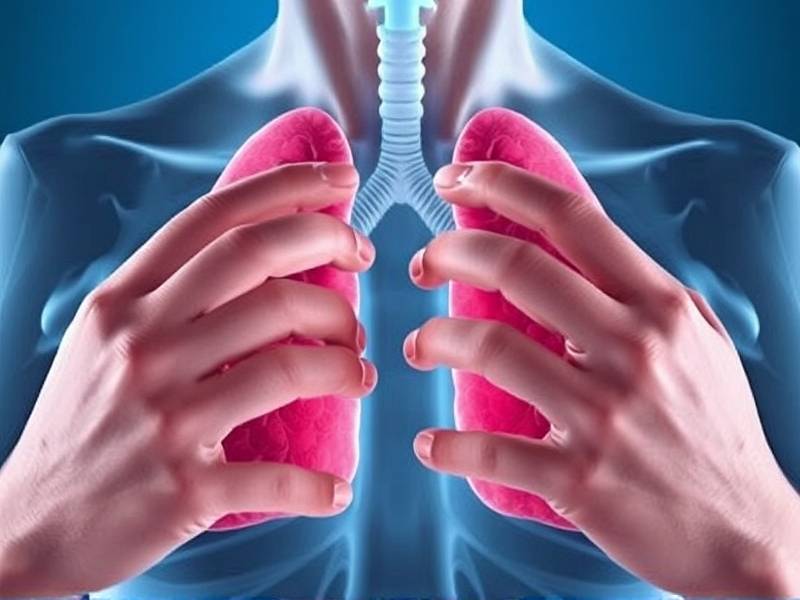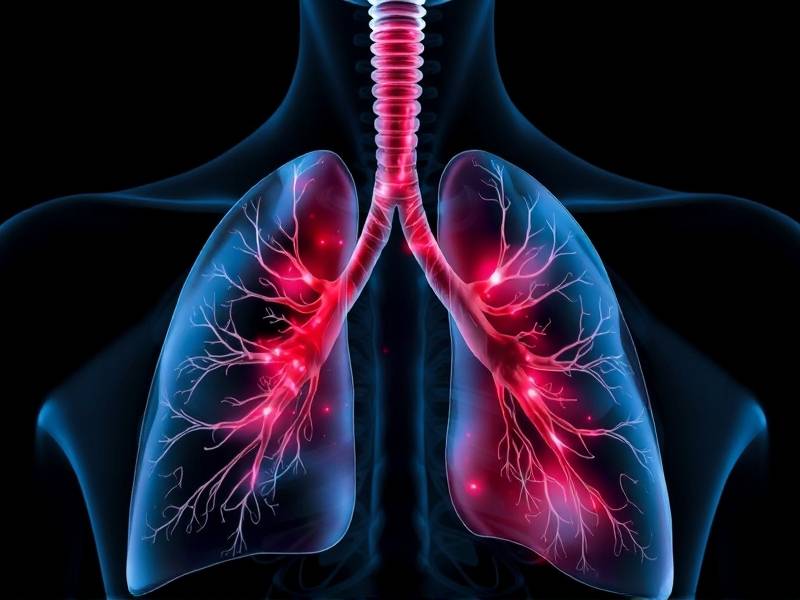Can Quitting Smoking Really Improve Your Lungs?
Can Quitting Smoking Really Improve Your Lungs?
Introduction: Smoking has been a prevalent habit for decades, with millions of people worldwide struggling to quit. One of the most common reasons for quitting is the desire to improve one's health, particularly the lungs. But can quitting smoking really make a significant difference in lung health? Let's explore this question further.
Section 1: The Impact of Smoking on Lungs Smoking is a leading cause of lung disease, including chronic obstructive pulmonary disease (COPD), emphysema, and lung cancer. When you inhale cigarette smoke, it contains thousands of harmful chemicals that damage your lungs over time.

Subsection 1.1: Short-term effects In the short term, smoking can cause immediate harm to your lungs. The toxic chemicals in cigarettes can irritate your airways and lead to symptoms like coughing, wheezing, and shortness of breath.
Subsection 1.2: Long-term effects Over time, smoking can lead to more severe lung diseases. The constant exposure to harmful substances causes inflammation and scarring in the lungs, making it harder for them to function properly.
Section 2: Benefits of Quitting Smoking Quitting smoking is one of the best things you can do for your lungs and overall health. Research has shown that quitting smoking can significantly improve lung function and reduce the risk of developing serious lung diseases.
Subsection 2.1: Immediate benefits When you quit smoking, your body begins to heal almost immediately. Within 48 hours after quitting, your risk of heart attack decreases, and your sense of taste and smell improves.
Subsection 2.2: Long-term benefits Within several months after quitting smoking, your lungs may start to clear out mucus and debris accumulated from years of smoking. This process can continue for several years as your body continues to repair itself.
Section 3: The Science Behind Lung Improvement The science behind how quitting smoking improves lung health is well-documented. Here are some key points:
Subsection 3.1: Reduced inflammation Quitting smoking reduces inflammation in the lungs, which helps reduce symptoms like coughing and wheezing.
Subsection 3.2: Improved oxygen levels Your body's oxygen levels increase as carbon monoxide levels decrease after quitting smoking. This improvement in oxygenation helps improve overall lung function.
Section 4: Tips for Quitting Smoking Successfully If you're ready to quit smoking and improve your lung health, here are some tips that may help:
Subsection 4.1: Set a quit date Choose a specific date to quit smoking and stick with it.
Subsection 4.2: Create a support system Surround yourself with friends, family members, or support groups who will encourage you along the way.
Subsection 4.3: Consider alternative therapies Alternative therapies such as nicotine replacement therapy or prescription medications may help alleviate withdrawal symptoms.
Conclusion: In conclusion, quitting smoking can indeed improve your lungs' health significantly over time. By reducing inflammation and improving oxygen levels in the lungs, quitting can lead to better overall respiratory function and reduce the risk of developing serious lung diseases like COPD or cancer. If you're considering quitting吸烟, take this opportunity to prioritize your health today!

